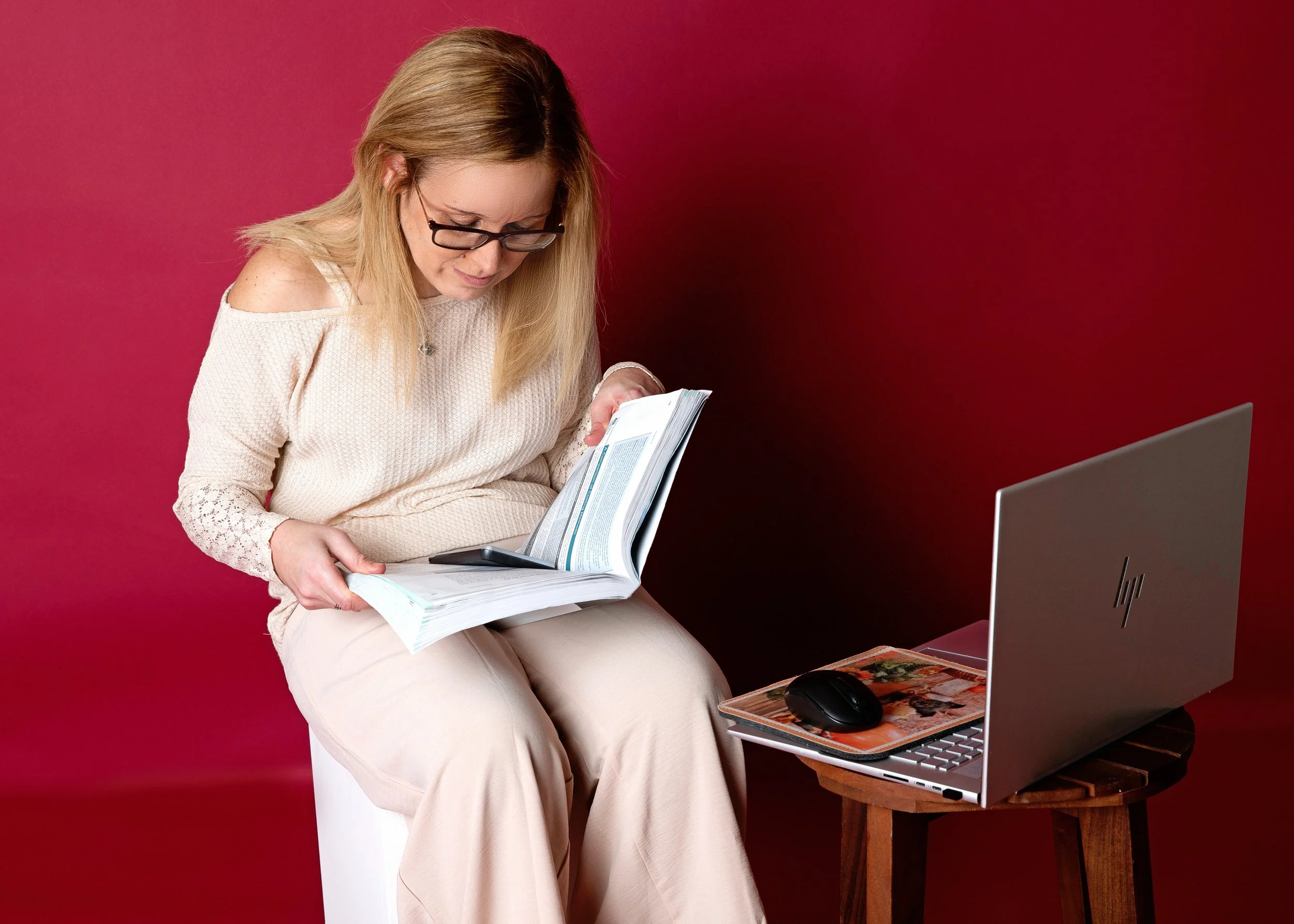Fall for Inclusion: Why Employment Still Feels Out of Reach
October is Disability Employment Awareness Month, and while I’m glad we’re talking about it, I want to be honest — employment still feels out of reach for many of us — at least for me.
My Employment Views
Living with Cerebral Palsy, I speak differently, I move differently, but I don’t think differently. I’ve always felt like no one would give me a chance — not because I don’t have something to offer, but because the world isn’t built to see my value.
When I think about applying for jobs, I get overwhelmed. Interviews are hard when you have a speech impairment. I often wonder: Can I bring a translator? Will they think I’m less capable because I speak differently? I know what I want to say — I just need people to be patient and open-minded.
And then there’s the question no one asks but everyone thinks: How do you eat? Go to the bathroom? The truth is, I can do those things myself — if the space is equipped. Accessibility isn’t just about ramps and elevators. It’s about bathrooms, kitchens, and workspaces that actually work for disabled bodies.
I always thought a work-from-home opportunity would be amazing because my home is already built for my needs — if it could work around my support schedule. That’s another barrier. Most jobs want flexibility, but only on their terms. They don’t consider that my schedule is shaped by things I can’t easily change.
And let’s talk about job postings. I’ve lost count of how many say “Must have a valid driver’s license.” I don’t drive. Does that mean I’m automatically out? Why is driving a requirement for remote work? Why is lifting 50 pounds listed for a desk job?
It feels like these postings weren’t written for me — or anyone like me. And that’s the problem. Inclusion can’t just be a checkbox. It has to be intentional.
My Journey as an Entrepreneur
Because traditional employment felt so inaccessible, I started creating my own opportunities. I’ve been an entrepreneur since I was a teenager. I started my own dog biscuit business, and later took over my mom’s Avon business after she passed away. I ran a video memory-making company, volunteered at a dog groomer, and helped out at a family member’s consignment store.
Now, I lead The Ability Company, a business built around inclusion, creativity, and community. It’s not just a job — it’s a mission. I helped create it because I couldn’t find a place that would make space for me. But I shouldn’t have had to. No one should have to build their own business just to be seen.
So what would real inclusion look like?
Here’s what I think companies could do to make employment more accessible:
Be flexible — with hours, with expectations, with how work gets done. Productivity looks different for everyone.
Write inclusive job postings — remove unnecessary requirements like driving or lifting unless they’re truly essential. Use plain language. Say you welcome disabled applicants.
Ask, don’t assume — ask me what I need to succeed instead of guessing or avoiding the conversation. Inclusion starts with listening.
Hire with purpose — bring people with disabilities and caregivers into your DEI strategy, not just as a checkbox, but as leaders. Representation matters.
And here’s something else: trust us. Trust that we know our bodies, our minds, our needs. Trust that we can do the job — maybe differently, maybe slower physically — but with heart, creativity, and resilience.
This October, I’m asking employers to fall for inclusion — not just in words, but in action. Hire us. Support us. Believe in us.
Because we’re ready to work. We just need the world to work with us.
Disclaimer - The Ability Company
The opinions shared in our blogs reflect personal experiences and viewpoints. They’re not meant to represent every journey or replace professional advice.
This content is for informational purposes only and does not replace professional advice. The Ability Company makes no guarantees about accuracy or completeness and is not liable for decisions made based on this content. Use at your own discretion.




